
漢德百科全書 | 汉德百科全书
 卢森堡
卢森堡

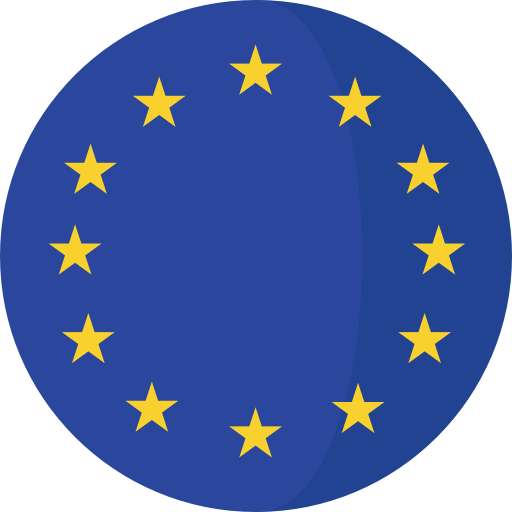 欧洲联盟
欧洲联盟
 欧盟的历史
欧盟的历史

 欧洲联盟
欧洲联盟
 *创始国
*创始国
 欧洲流行歌曲大赛
欧洲流行歌曲大赛

 财政金融
财政金融
 ***全球金融中心
***全球金融中心

 地理
地理

 地理
地理
 ***IMF发达国家
***IMF发达国家

 历史
历史
 公元 1500 - 2000
公元 1500 - 2000

 历史
历史
 公元 2000 - 2100
公元 2000 - 2100

 国际城市
国际城市
 *欧洲文化之都
*欧洲文化之都

 国际城市
国际城市
 欧洲城市
欧洲城市
 IMF发达国家
IMF发达国家
 IMF发达国家
IMF发达国家
 第六级
第六级
 卢森堡
卢森堡

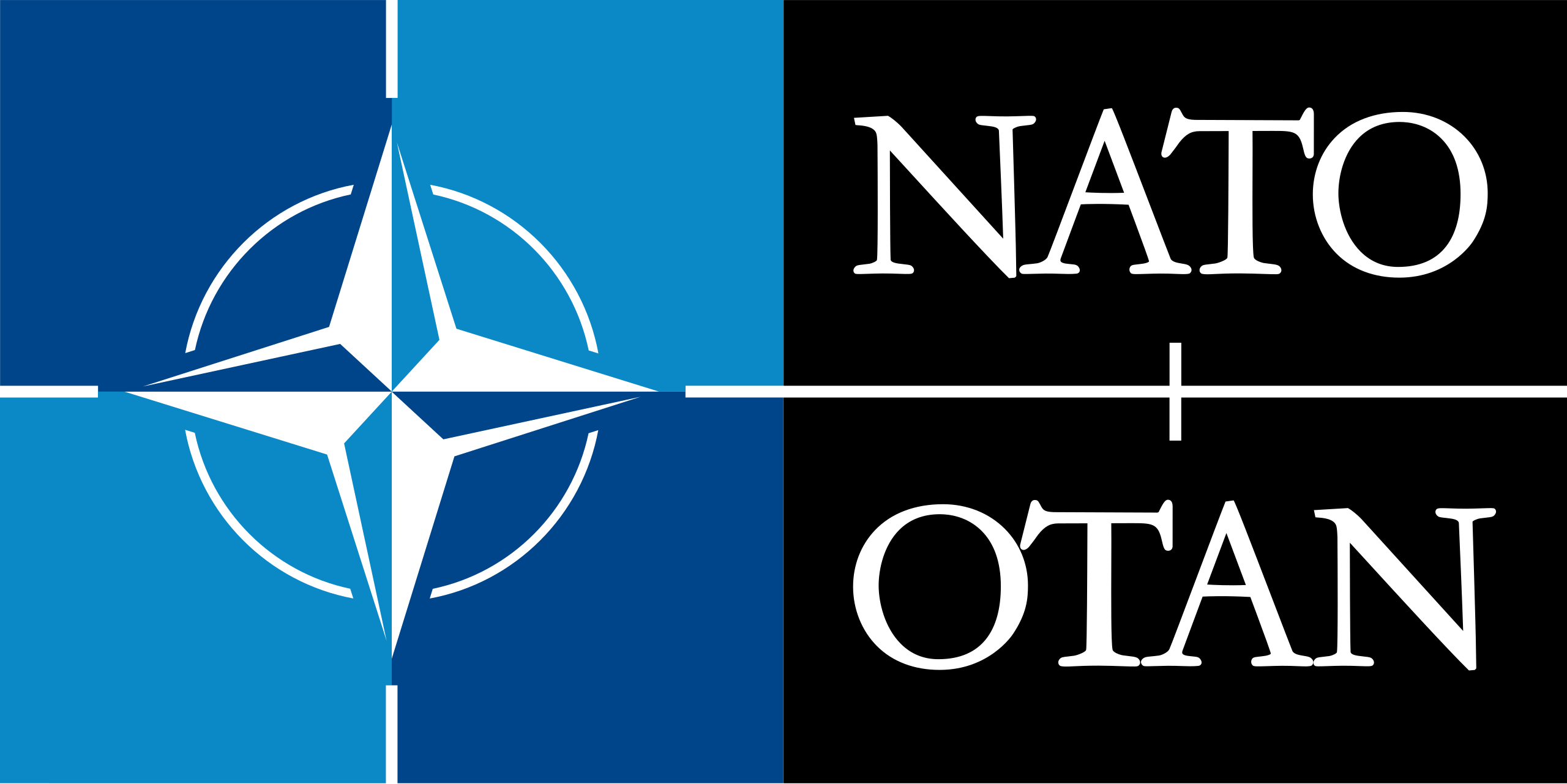 北约会员国
北约会员国

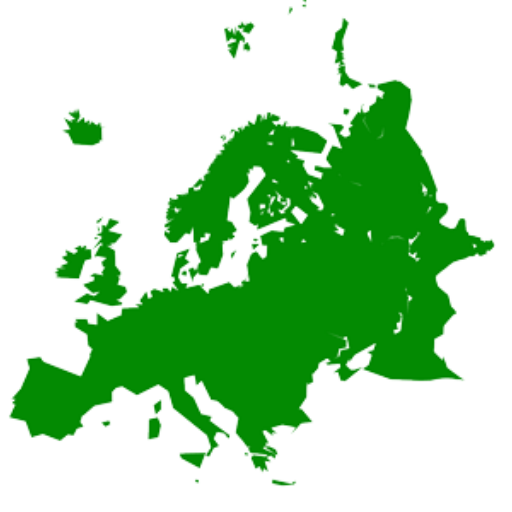 欧洲国家
欧洲国家

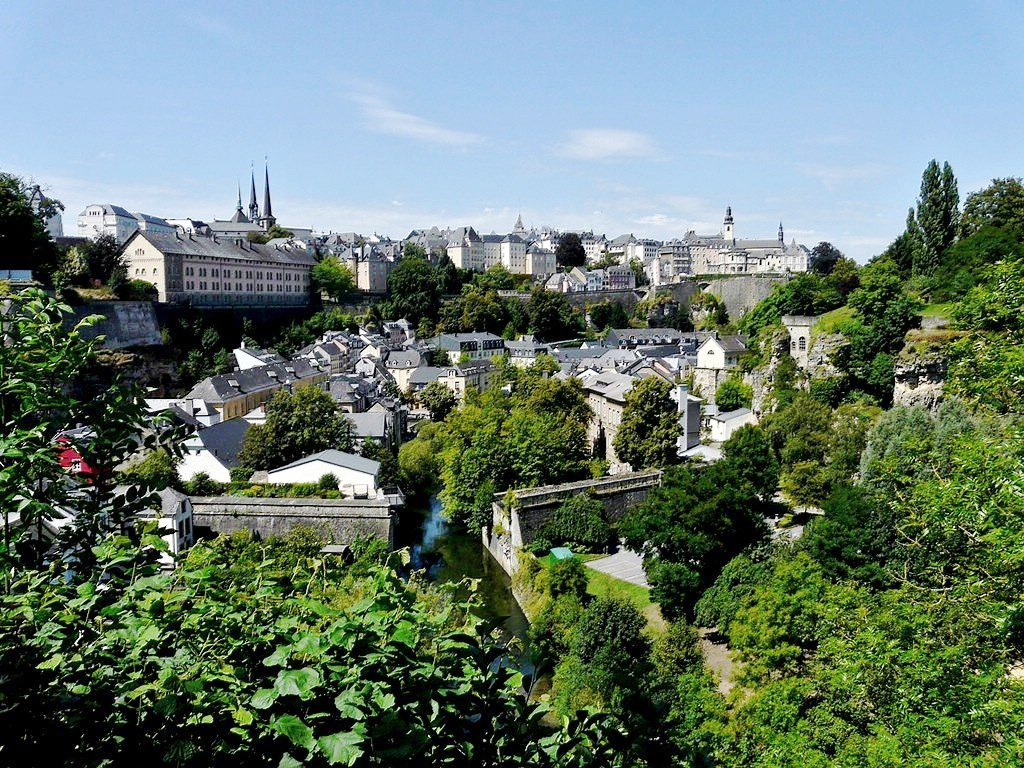
Das Großherzogtum Luxemburg (luxemburgisch Groussherzogtum Lëtzebuerg [ˈgʀəʊsˌhɛχtsoːktuːm ˈlətsəbuəɕ], französisch Grand-Duché de Luxembourg [ɡʁɑ̃ dyʃe də lyksɑ̃buʁ]) ist ein demokratischer Staat in Form einer parlamentarischen Monarchie[1] im Westen Mitteleuropas. Es ist das letzte Großherzog- bzw. Großfürstentum (von einst zwölf) in Europa. Das Land gehört zum mitteldeutschen Sprachraum. Landessprache ist Luxemburgisch, Verwaltungs- und Amtssprachen sind Französisch, Deutsch und Luxemburgisch. Gemeinsam mit seinem Nachbarn Belgien und mit den Niederlanden bildet Luxemburg die Beneluxstaaten.
卢森堡大公国(卢森堡语:Groussherzogtum Lëtzebuerg,法语:Grand-Duché de Luxembourg,德语:Großherzogtum Luxemburg),简称“卢森堡”,位于欧洲西北部,被邻国法国、德国和比利时包围,是一个内陆小国,也是现今欧洲大陆仅存的大公国,首都卢森堡市。因国土小、古堡多,又有“袖珍王国”、“千堡之国”的称呼 。
卢森堡地形富于变化,在历史上又处于德法要道,地势险要,一直是西欧重要的军事要塞,有北方直布罗陀的称号 。
卢森堡是一个高度发达的资本主义国家,也是欧盟和北约创始成员国之一,拥有欧盟多个下设机构,如欧洲法院、欧洲审计院以及欧洲投资银行,被称为继布鲁塞尔和斯特拉斯堡之后的欧盟“第三首都”。同时是高度发达的工业国家,还是欧元区内最重要的私人银行中心,及全球第二大仅次于美国的投资信托中心。金融、广播电视、钢铁是其三大经济支柱产业,该国失业率极低,人均寿命80岁。
卢森堡大公国(卢森堡语:Groussherzogtum Lëtzebuerg[注 1];法语:Grand-Duché de Luxembourg; 德语:Großherzogtum Luxemburg[注 2]),通称卢森堡(卢森堡语:Lëtzebuerg;法语:Luxembourg;德语:Luxemburg),被邻国法国、德国和比利时包围,是一个位于欧洲的内陆国家,也是现今欧洲大陆仅存的大公国,首都卢森堡市。卢森堡是欧盟成员国,因境内有欧洲法院、欧洲审计院、欧洲投资银行等多个欧盟机构被称为继布鲁塞尔和斯特拉斯堡之后的欧盟“第三首都”。
ルクセンブルク大公国(ルクセンブルクたいこうこく)、通称ルクセンブルクは、西ヨーロッパに位置する立憲君主制国家。首都は国名と同名のルクセンブルク市。隣接国は、南のフランス、西と北のベルギー、東のドイツである。ベルギー、オランダと併せてベネルクスと呼ばれる。
Luxembourg (/ˈlʌksəmbɜːrɡ/ ( listen)) (Luxembourgish: Lëtzebuerg [ˈlətsəbuə̯ɕ] (
listen)) (Luxembourgish: Lëtzebuerg [ˈlətsəbuə̯ɕ] ( listen); French: Luxembourg ; German: Luxemburg), officially the Grand Duchy of Luxembourg,[note 2] is a small landlocked country in western Europe. It is bordered by Belgium to the west and north, Germany to the east, and France to the south. Its capital, Luxembourg City, together with Brussels and Strasbourg, is one of the three official capitals of the European Union[6] and the seat of the European Court of Justice, the highest judicial authority in the EU. Its culture, people, and languages are highly intertwined with its neighbours, making it essentially a mixture of French and German cultures, as evident by the nation's three official languages: French, German, and the national language, Luxembourgish (sometimes considered a dialect of German). The repeated invasions by Germany, especially in World War II, resulted in the country's strong will for mediation between France and Germany and, among other things, led to the foundation of the European Union.[7]
listen); French: Luxembourg ; German: Luxemburg), officially the Grand Duchy of Luxembourg,[note 2] is a small landlocked country in western Europe. It is bordered by Belgium to the west and north, Germany to the east, and France to the south. Its capital, Luxembourg City, together with Brussels and Strasbourg, is one of the three official capitals of the European Union[6] and the seat of the European Court of Justice, the highest judicial authority in the EU. Its culture, people, and languages are highly intertwined with its neighbours, making it essentially a mixture of French and German cultures, as evident by the nation's three official languages: French, German, and the national language, Luxembourgish (sometimes considered a dialect of German). The repeated invasions by Germany, especially in World War II, resulted in the country's strong will for mediation between France and Germany and, among other things, led to the foundation of the European Union.[7]
With an area of 2,586 square kilometres (998 sq mi), it is one of the smallest sovereign states in Europe.[8] In 2016, Luxembourg had a population of 576,249, which makes it one of the least-populous countries in Europe,[9] but by far the one with the highest population growth rate.[10] Foreigners account for nearly half of Luxembourg's population.[11] As a representative democracy with a constitutional monarch, it is headed by Grand Duke Henri and is the world's only remaining grand duchy. Luxembourg is a developed country, with an advanced economy and one of the world's highest GDP (PPP) per capita. The City of Luxembourg with its old quarters and fortifications was declared a UNESCO World Heritage Site in 1994 due to the exceptional preservation of the vast fortifications and the old city.[12]
The history of Luxembourg is considered to begin in 963, when count Siegfried I acquired a rocky promontory and its Roman-era fortifications known as Lucilinburhuc, ′little castle′, and the surrounding area from the Imperial Abbey of St. Maximin in nearby Trier.[13][14] Siegfried's descendants increased their territory through marriage, war and vassal relations. At the end of the 13th century, the Counts of Luxembourg reigned over a considerable territory. [15] In 1308, Henry VII, Count of Luxembourg became King of the Germans and Holy Roman Emperor. The House of Luxembourg produced four Holy Roman Emperors at the high time of the Middle Ages. In 1354, Charles IV elevated the County to the Duchy of Luxembourg. Since Sigismund had no male heir, the Duchy became part of the Burgundian Circle and then one of the Seventeen Provinces of the Habsburg Netherlands.[16] Over the centuries, the City and Fortress of Luxembourg, of great strategic importance situated between the Kingdom of France and the Habsburg territories, was gradually built up to be one of the most reputed fortifications in Europe. After belonging to both the France of Louis XIV and the Austria of Maria Theresia, Luxembourg became part of the First French Republic and Empire under Napoleon.[17]
The present-day state of Luxembourg first emerged at the Congress of Vienna in 1815. The Grand-Duchy, with its powerful fortress, became an independent state under the personal possession of William I of the Netherlands with a Prussian garrison to guard the city against another invasion from France. [18] In 1839, following the turmoil of the Belgian Revolution, the purely Oil-speaking part of Luxembourg was ceded to Belgium and the Luxembourgish-speaking part (except the Arelerland, the area around Arlon) became what is the present state of Luxembourg. [19]
The steel industry exploiting the Red Lands' rich iron-ore grounds in the beginning of the 20th century drove the country's industrialisation. ArcelorMittal, the world's largest steel producer with headquarters in Luxembourg City, is still a reminder of these times. After the decline of the steel industry in the 1970s, the country focused on establishing itself as a global financial centre and developed into the banking hub it is reputed for. Since the beginning of the 21st century, its governments have focused on developing the country into a knowledge economy, with the founding of the University of Luxembourg and a national space programme, projecting the first involvement in a robotic lunar expedition by 2020.[20]
Luxembourg is a founding member of the European Union, OECD, United Nations, NATO, and Benelux. The city of Luxembourg, which is the country's capital and largest city, is the seat of several institutions and agencies of the EU. Luxembourg served on the United Nations Security Council for the years 2013 and 2014, which was a first in the country's history.[21] In 2016 Luxembourgish citizens had visa-free or visa-on-arrival access to 172 countries and territories, ranking the Luxembourgish passport 15th in the world, tied with countries such as Canada and Switzerland.[22]
Le Luxembourg, en forme longue le Grand-Duché de Luxembourg2,b,c ou le grand-duché de Luxembourgd, en luxembourgeois Lëtzebuerg et Groussherzogtum Lëtzebuerg, en allemand Luxemburg et Großherzogtum Luxemburg, est un pays d'Europe de l'Ouest sans accès à la mere Il est bordé par la Belgique à l'ouest et au nord, l'Allemagne à l'est, et la France au sud. Il comprend deux régions principales : l'Oesling au nord, qui est une partie du massif des Ardennes, et le Gutland au sud, prolongement de la Lorraine au sens géologique du terme. Le Luxembourg compte 602 005 habitants au 1er janvier 20181, et s'étend sur une superficie de 2 586 km2, faisant de lui l'une des plus petites nations souveraines d'Europe.
Le Luxembourg est une démocratie représentative et une monarchie constitutionnelle avec un grand-duc pour chef d'État, faisant du pays le seul grand-duché encore existant. Son économie dynamique en fait un des pays les plus riches et des plus prospères du monde, avec le PIB par habitant le plus élevé du monde selon le FMI en 2014. L'économie est principalement centrée sur les activités financières (environ la moitié du produit intérieur brut), favorisée par une fiscalité attractive voire dérisoire dans certains domaines (quasi-exonération d'impôts pour les bénéfices issus de l'exploitation de brevets ou de logiciels). La localisation centrale du territoire luxembourgeois en Europe a historiquement fait de lui un lieu d'une grande importance stratégique pour de nombreuses puissances, depuis sa fondation en tant que fortin romain7, son accueil d'un château franc durant le Haut Moyen Âge, et son rôle de bastion pour le chemin des Espagnols entre les XVIe et XVIIe siècles.
Le Luxembourg est le plus petit membre fondateur de l'Union européenne, de la zone euro, de l'OTAN, de l'OCDE, de l'ONU, de l'OSCE, du Conseil de l'Europe8,9,10,11 et du Benelux, reflétant son consensus politique en faveur de l'intégration économique, politique et militaire. La ville de Luxembourg, sa capitale et sa plus grande ville, est le siège de plusieurs établissements et institutions de l'UE. En 2012, le Luxembourg a été élu pour la première fois de son histoire à un siège temporaire au Conseil de sécurité des Nations unies. En raison de sa position géographique, la culture luxembourgeoise est une fusion de l'Europe germanique et romane, intégrant chacune des deux. De ce fait, le Luxembourg est un pays trilingue : le luxembourgeois, le français et l'allemand sont les trois langues officielles et, depuis 1984, le luxembourgeois a légalement le statut de « langue nationale »12.
Il Granducato di Lussemburgo (in francese: le Grand-Duché de Luxembourg; in lussemburghese: Groussherzogtum Lëtzebuerg; in tedesco: Großherzogtum Luxemburg) è un paese membro dell'Unione europea situato tra Germania, Francia e Belgio. È uno stato senza sbocco sul mare.
Membro fondatore dell'Unione europea, della NATO, del Benelux e delle Nazioni Unite, la sua capitale, l'omonima città di Lussemburgo, è sede di numerose istituzioni e agenzie europee oltre ad essere uno snodo finanziario di primaria importanza.
È l'unico granducato rimasto al mondo.
Luxemburgo, oficialmente denominado Gran Ducado de Luxemburgo (luxemburgués: Groussherzogtum Lëtzebuerg, francés: Grand-Duché de Luxembourg, alemán: Großherzogtum Luxemburg), es un pequeño país de Europa Central que forma parte de la Unión Europea. Se trata de un Estado sin litoral, rodeado por Francia, Alemania y Bélgica. Luxemburgo cuenta con una población de medio millón de habitantes sobre un área de 2586 kilómetros cuadrados.1
El gobierno de Luxemburgo es una monarquía constitucional y parlamentaria, siendo el único gran ducado soberano en la actualidad. El Estado tiene una economía altamente desarrollada, con el mayor producto interior bruto por cápita del mundo de acuerdo al Banco Mundial, y el segundo de acuerdo al Fondo Monetario Internacional.
Luxemburgo es miembro de la Unión Europea, la Organización del Tratado del Atlántico Norte, la Organización para la Cooperación y el Desarrollo Económico, las Naciones Unidas y el Benelux, reflejando la orientación política a favor de la integración económica, política y militar. Su capital, Luxemburgo, es sede de numerosas instituciones y agencias de la Unión Europea.
Luxemburgo posee culturas y tradiciones diversas por encontrarse entre la Europa romana y la Europa germánica. El país tiene tres lenguas oficiales: alemán, francés y luxemburgués. La localidad Schengen, que dio su nombre al espacio de Schengen, está ubicada en Luxemburgo.
Люксембу́рг (люксемб. Lëtzebuerg), официально Вели́кое Ге́рцогство Люксембу́рг (люксемб. Groussherzogtum Lëtzebuerg, фр. Grand-Duché de Luxembourg, нем. Großherzogtum Luxemburg) — государство (великое герцогство) в Западной Европе. Граничит с Бельгией на севере, на западе и на юге с Францией, на востоке с Германией, не имеет выхода к морю. Название происходит от древневерхненемецкого «lucilinburch» — «малый город». Общая площадь Люксембурга составляет 2586,4 км², что делает его одним из самых маленьких суверенных государств в Европе[5]. Население на 1 января 2018 года составляет 602 005 человек[2].
Член Европейского союза с 1957 года, также является членом НАТО, ОЭСР и ООН. Вместе с Бельгией и Нидерландами входит в состав Бенилюкса.

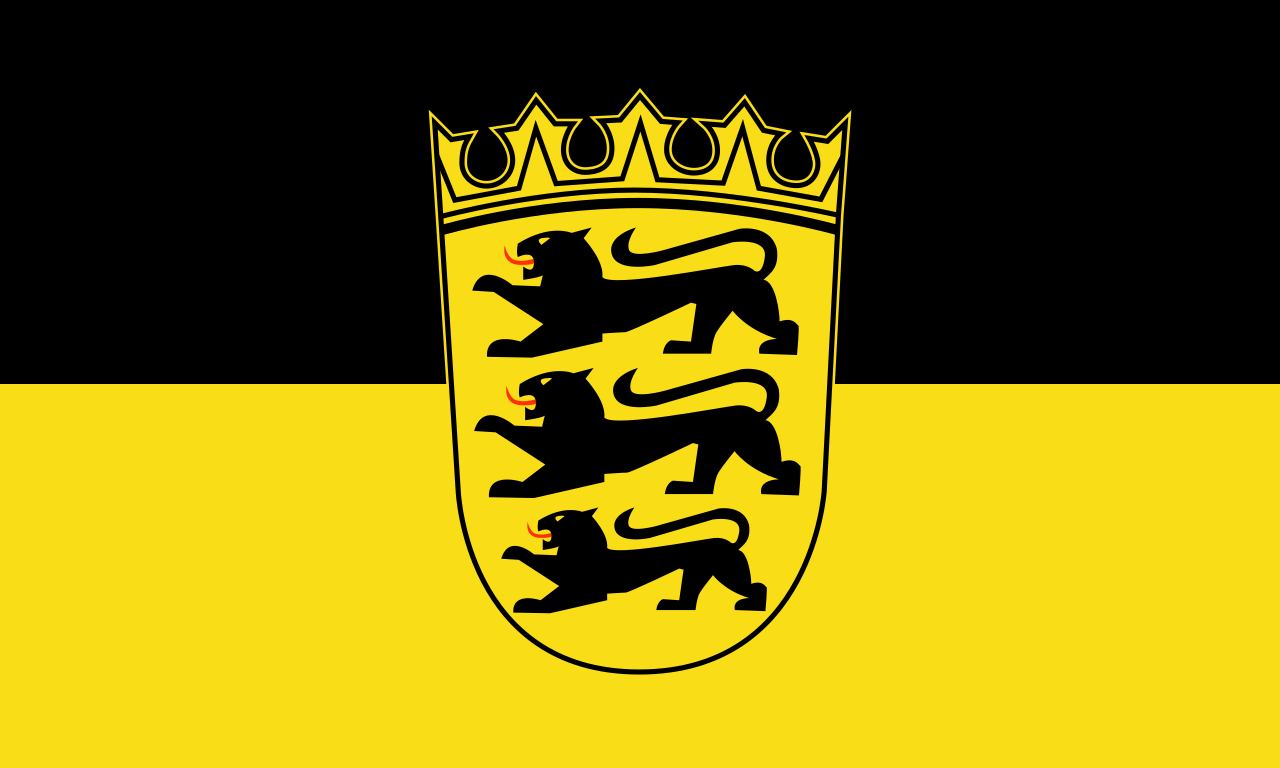 巴登-符藤堡州
巴登-符藤堡州

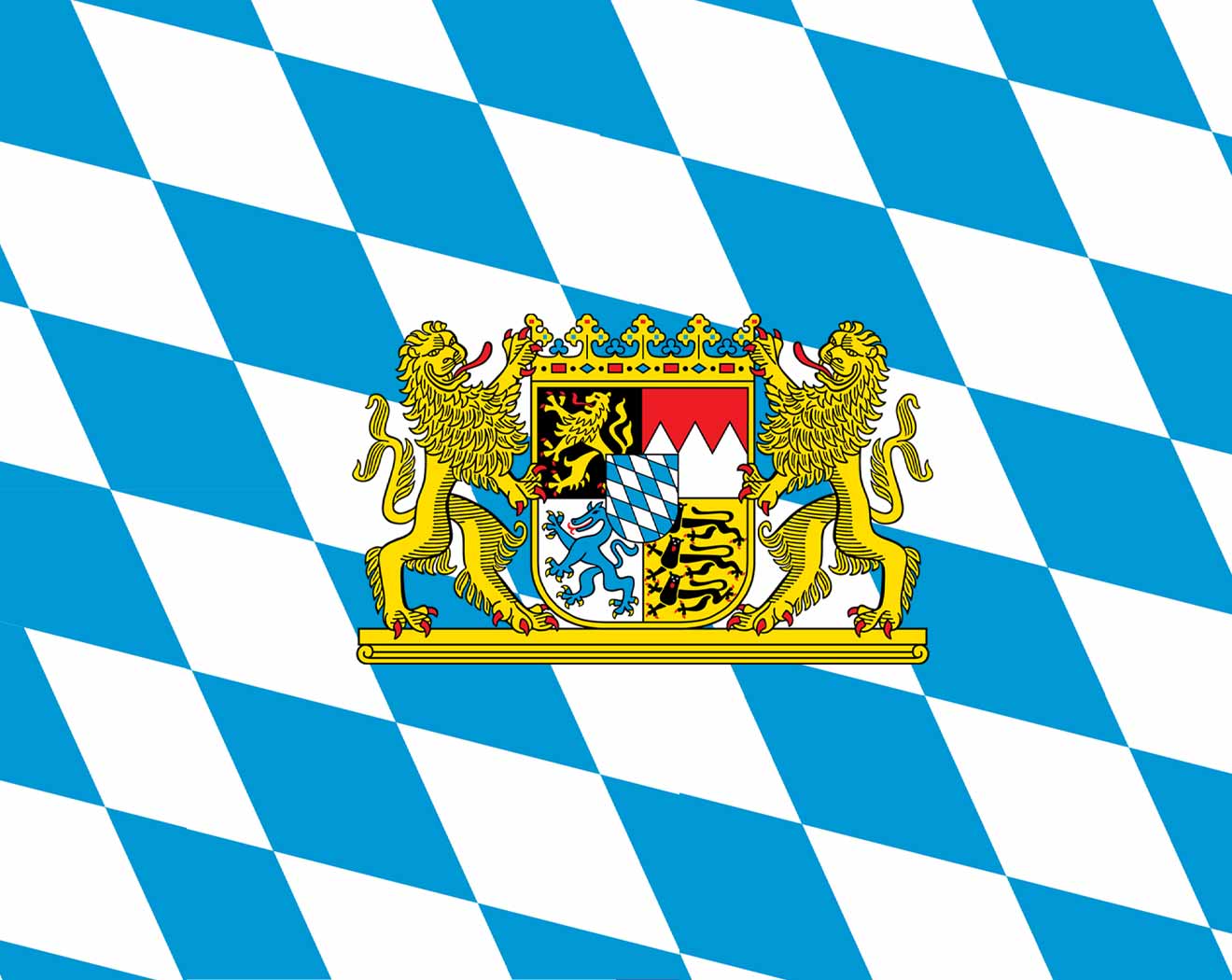 巴伐利亚州
巴伐利亚州

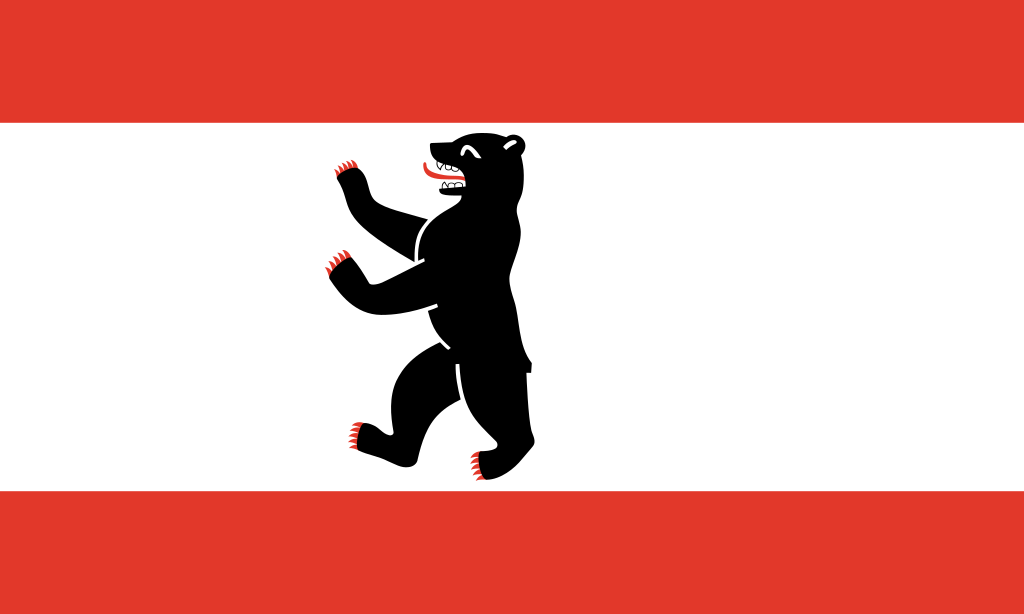 柏林州
柏林州

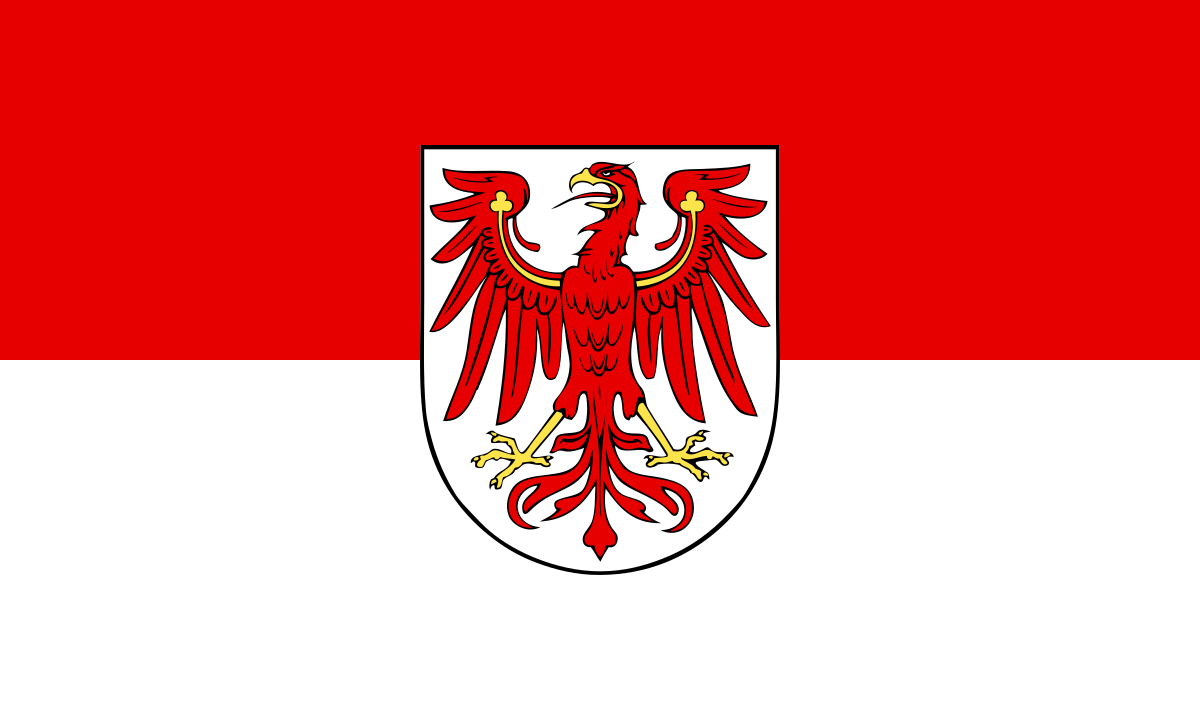 布兰登堡州
布兰登堡州

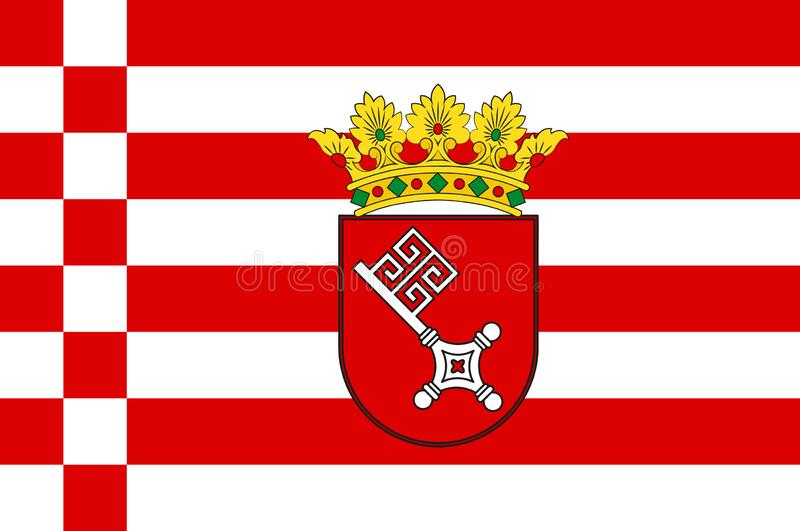 不来梅州
不来梅州

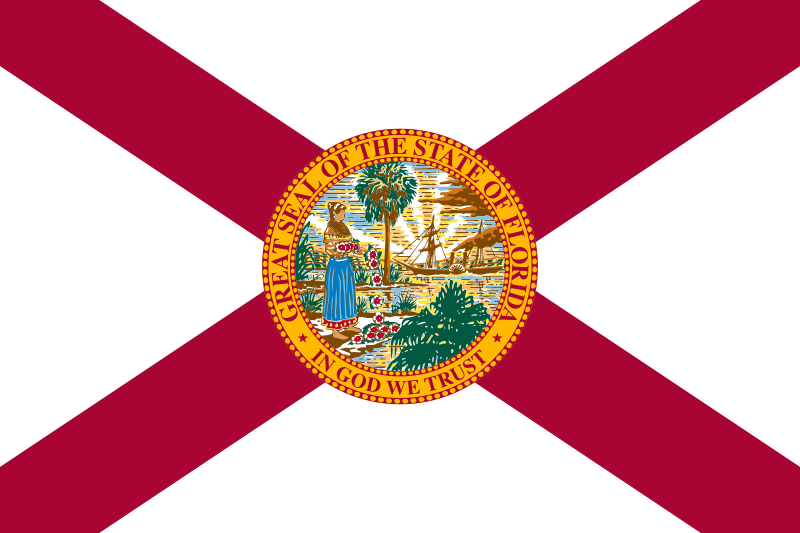 佛罗里达州
佛罗里达州

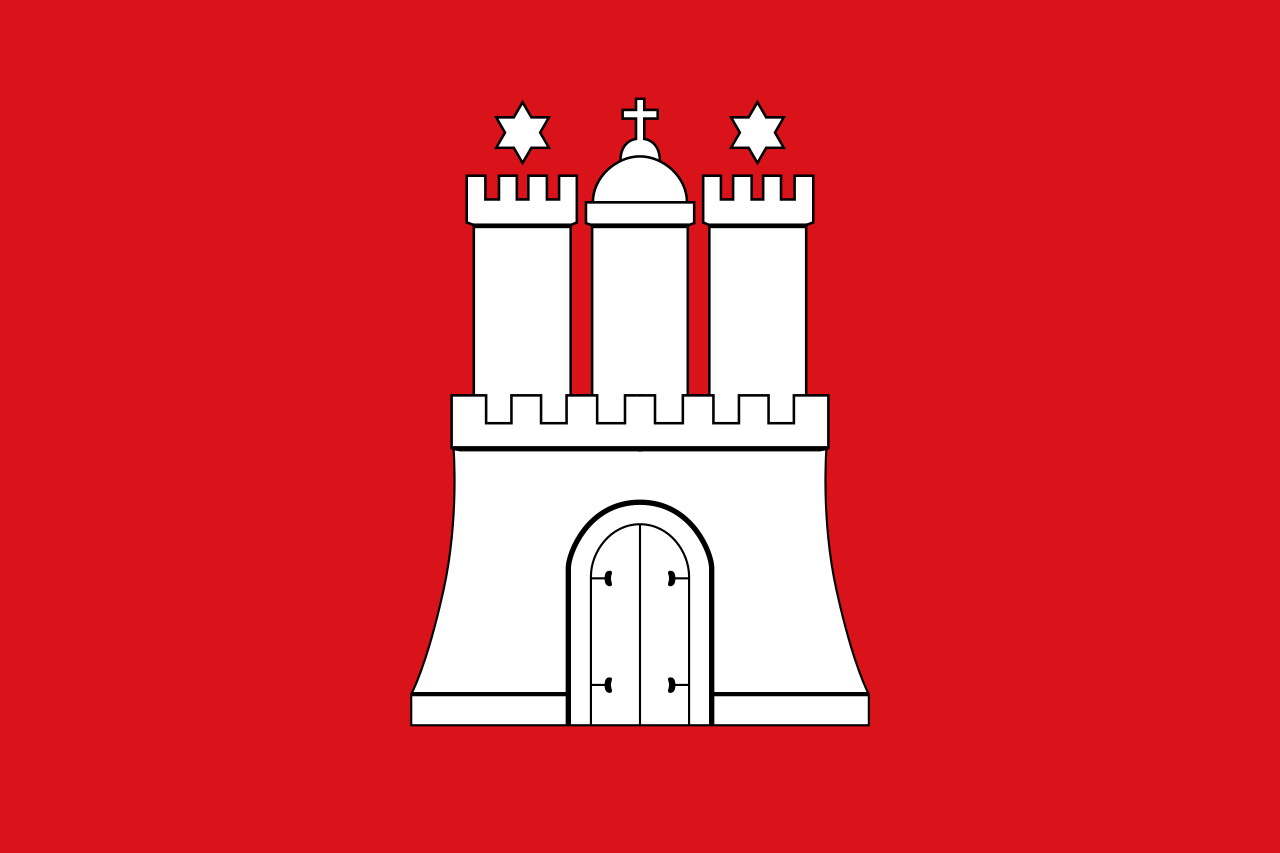 汉堡州
汉堡州

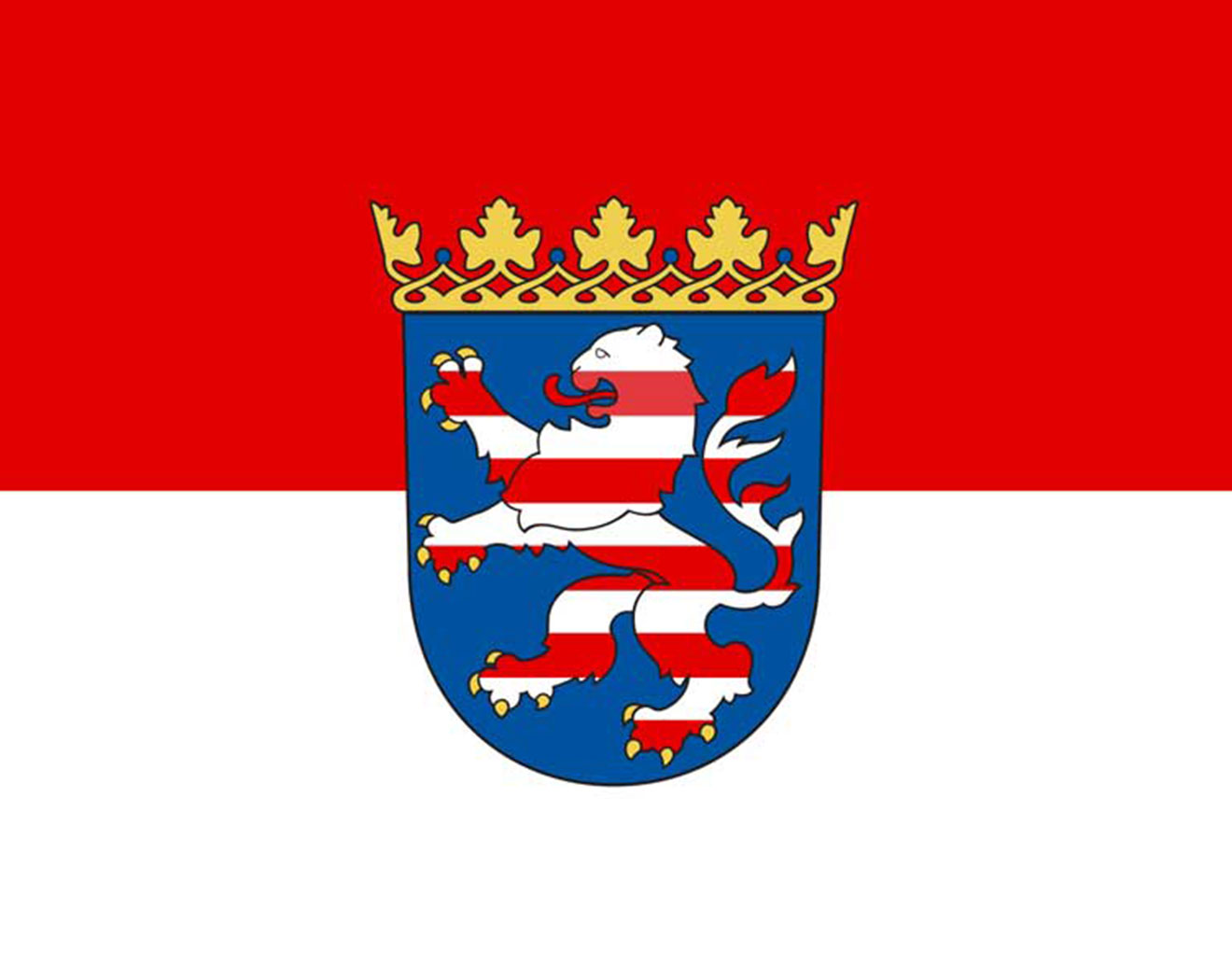 黑森州
黑森州


 信息时代
信息时代
 超级计算机
超级计算机
 卢森堡
卢森堡

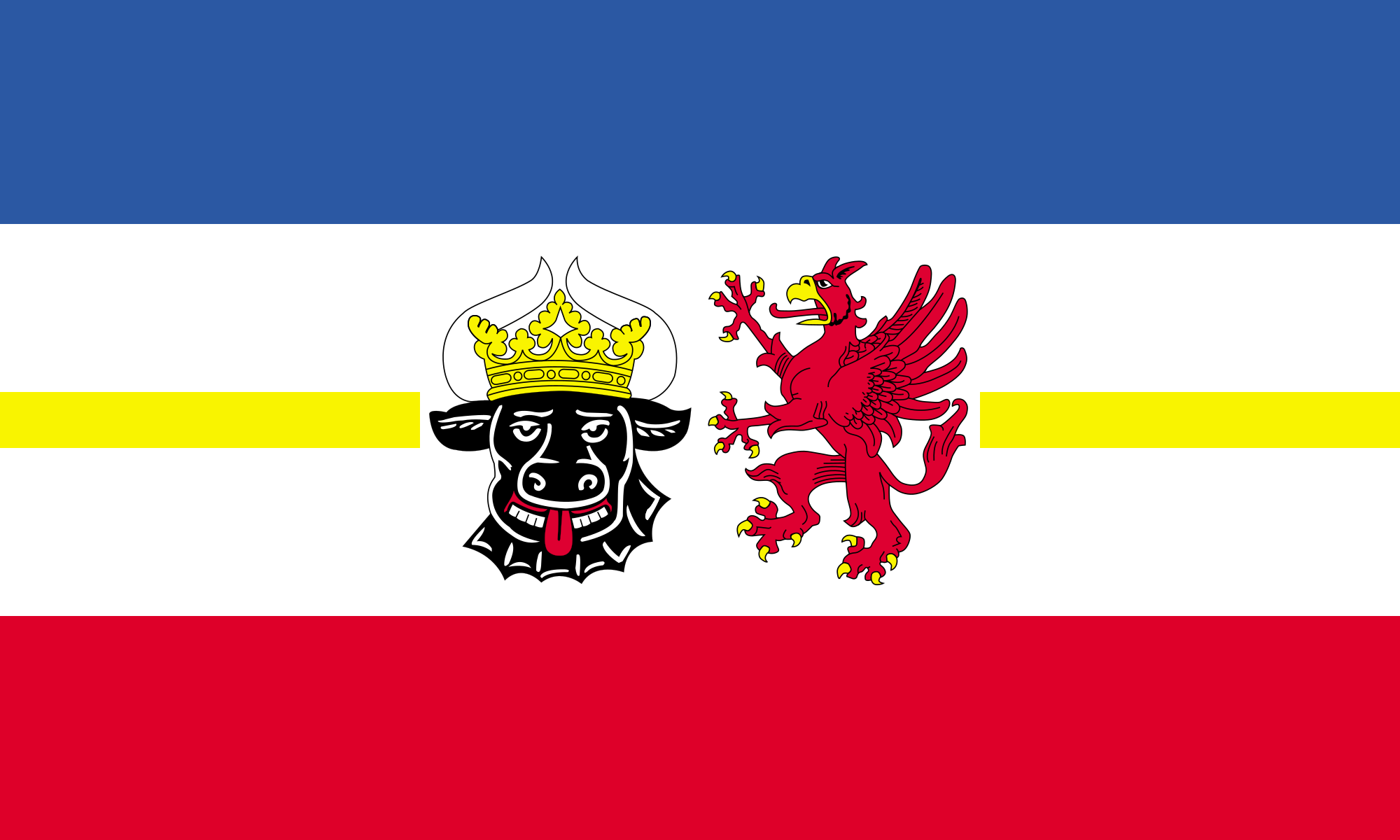 梅克伦堡-前波莫瑞州
梅克伦堡-前波莫瑞州
 荷兰
荷兰

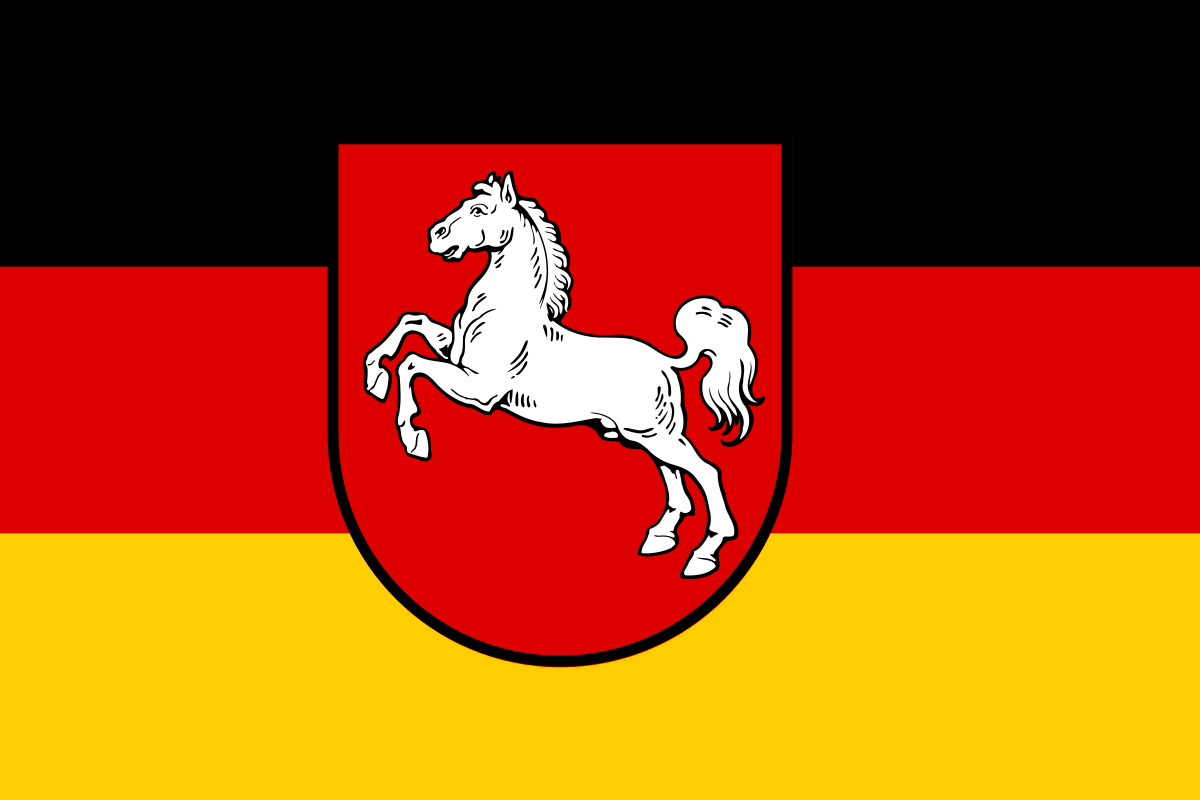 下萨克森州
下萨克森州

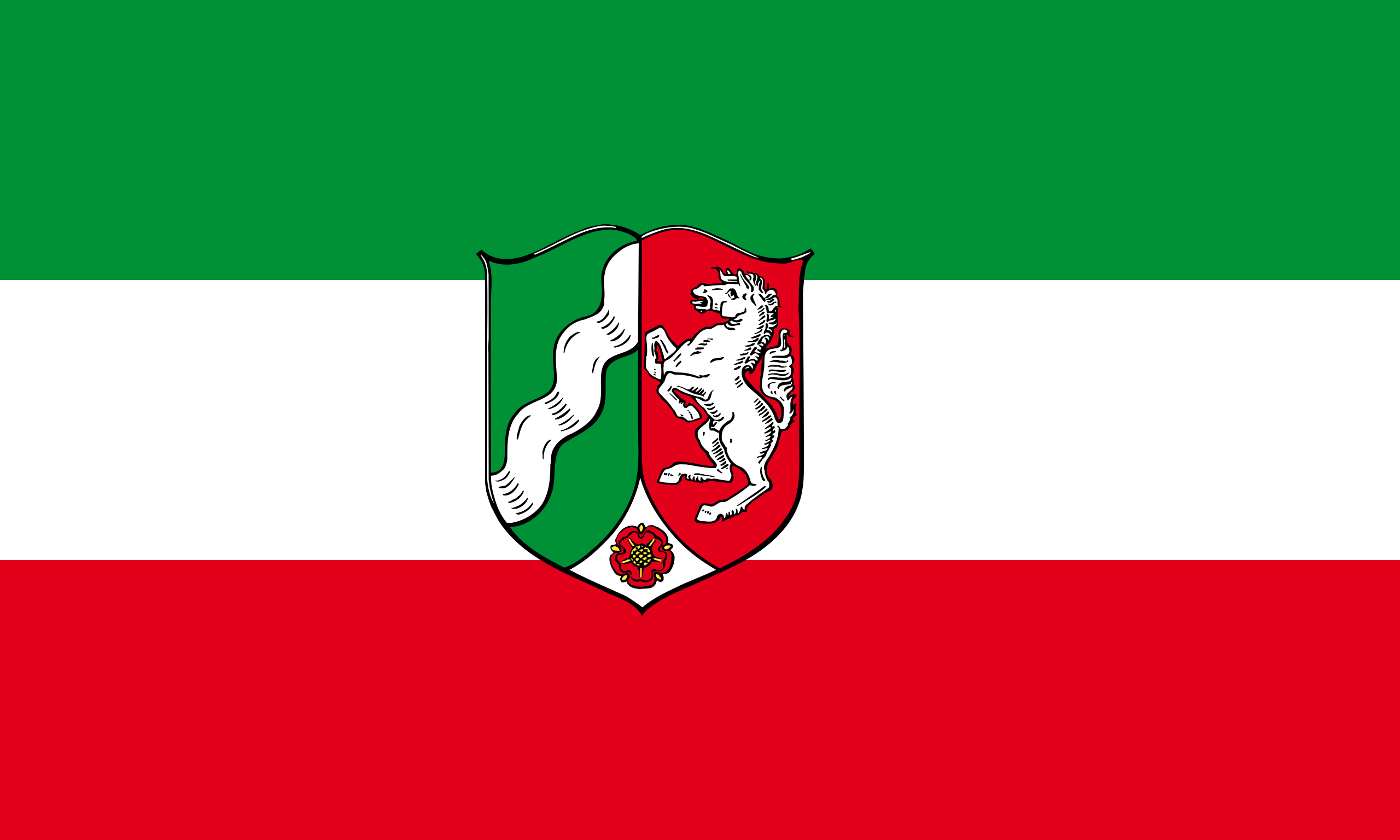 北莱茵-威斯特法伦州
北莱茵-威斯特法伦州

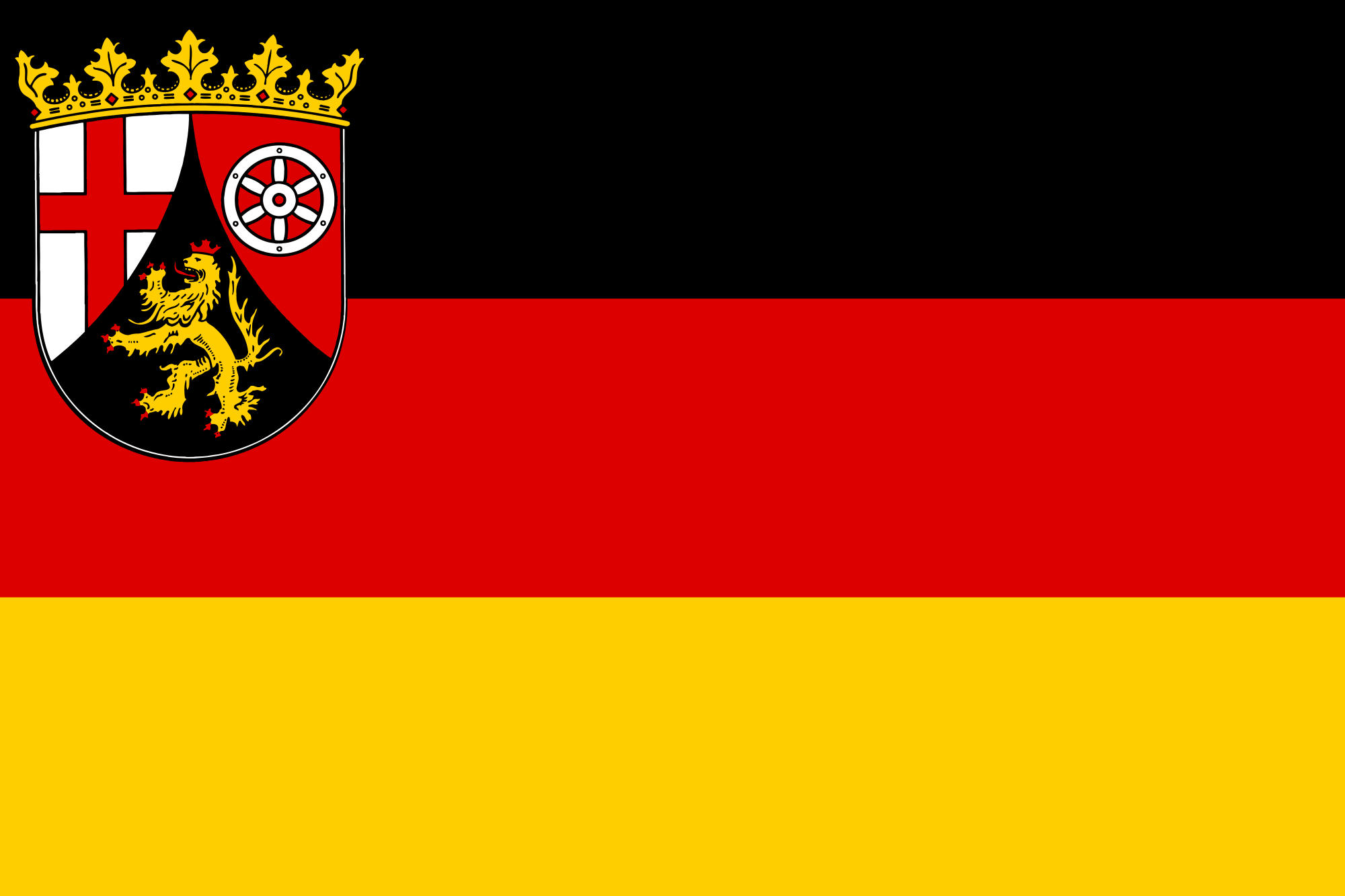 莱茵兰-普法耳茨州
莱茵兰-普法耳茨州

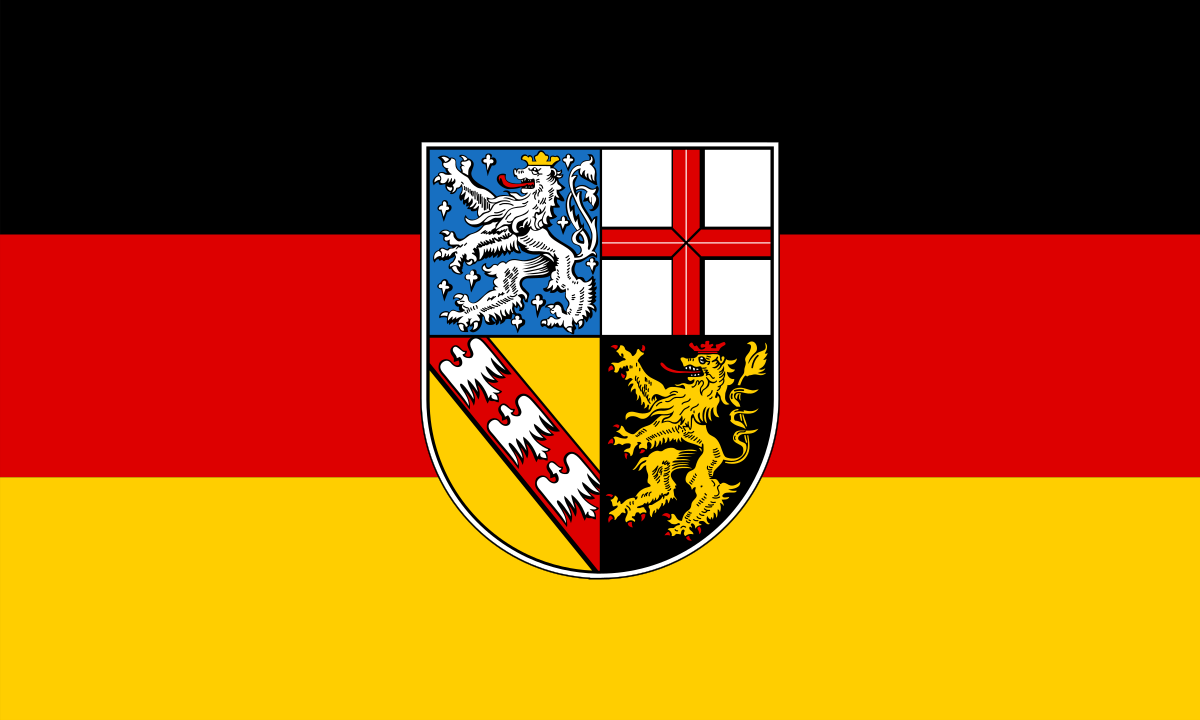 萨尔州
萨尔州

 萨克森州
萨克森州

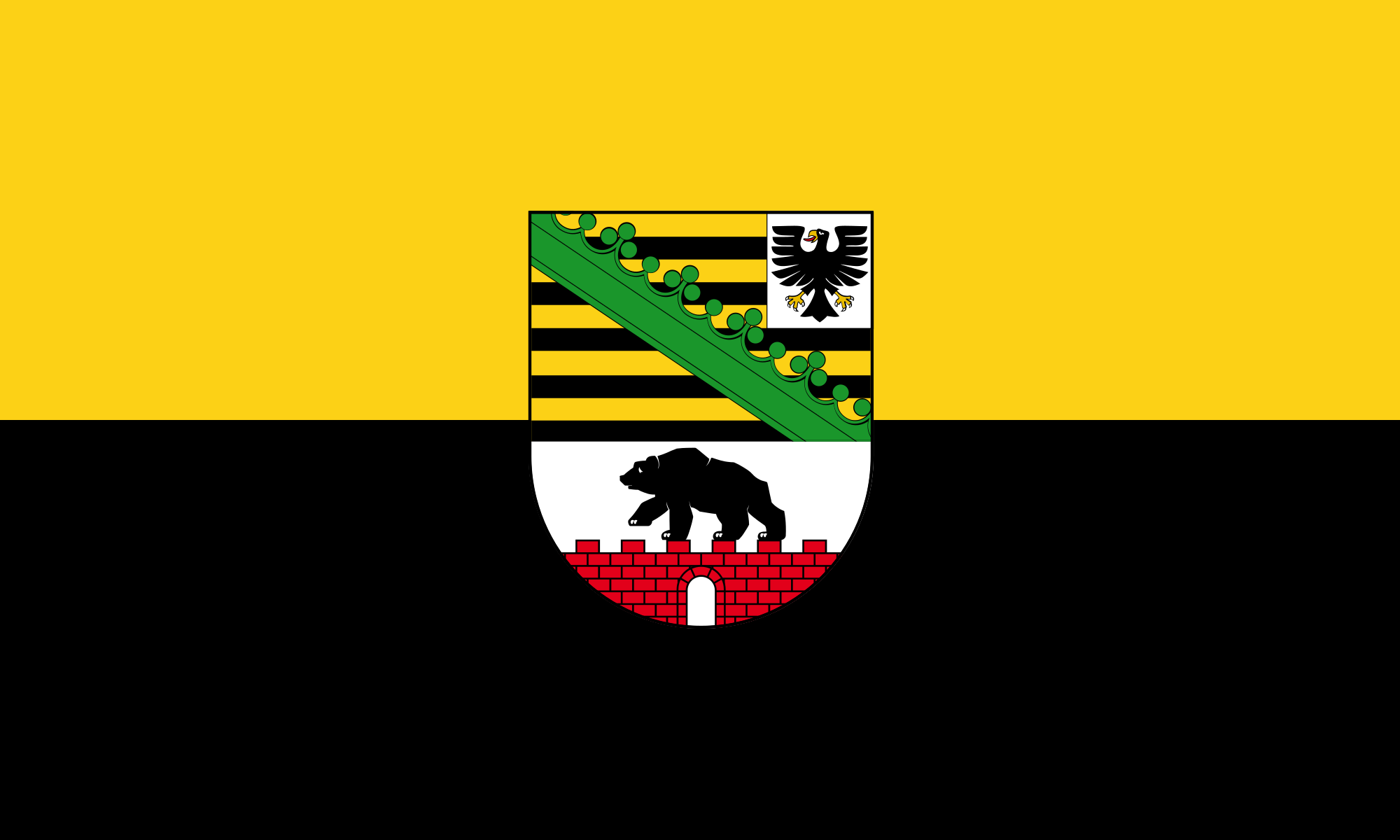 萨克森-安哈特州
萨克森-安哈特州

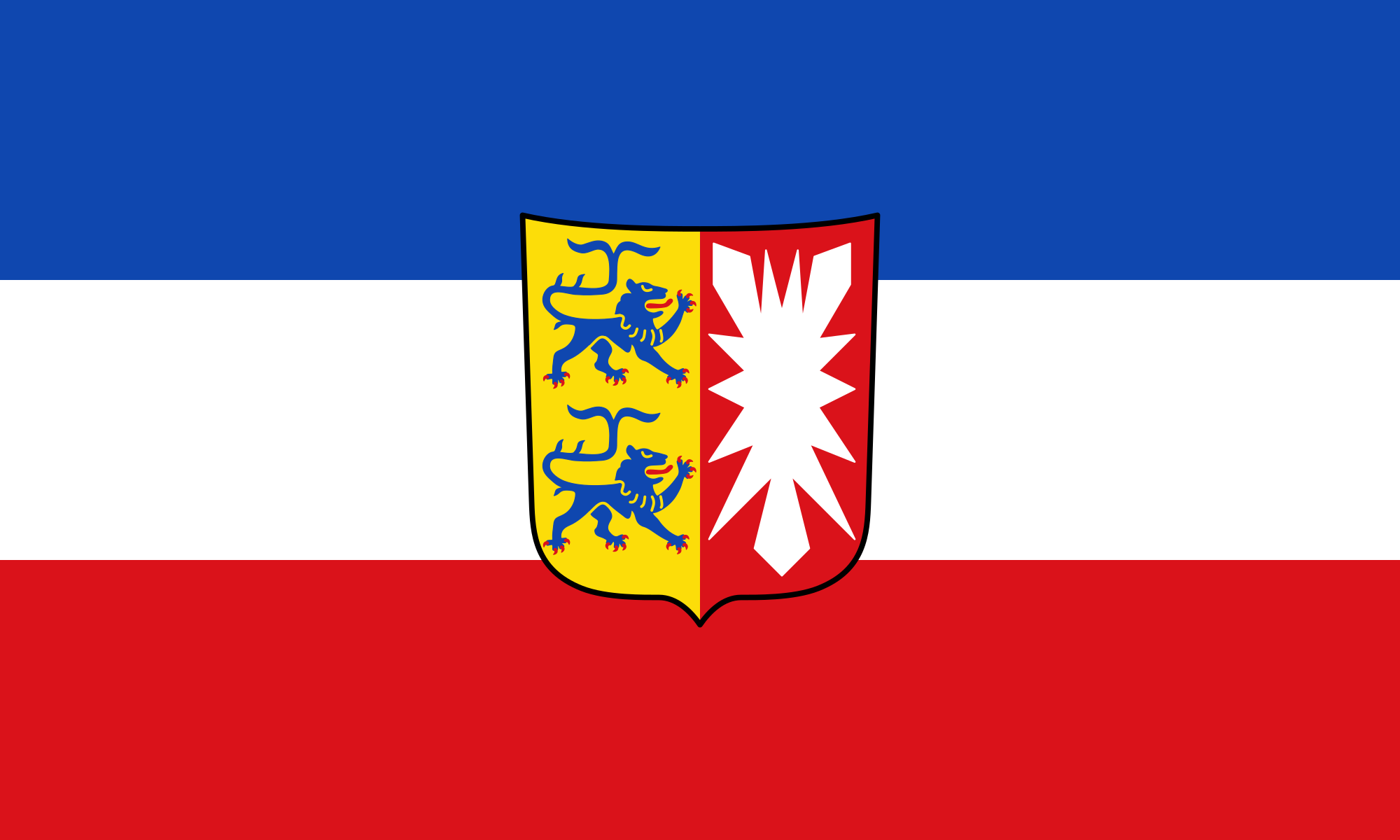 石勒苏益格-荷尔斯泰因州
石勒苏益格-荷尔斯泰因州

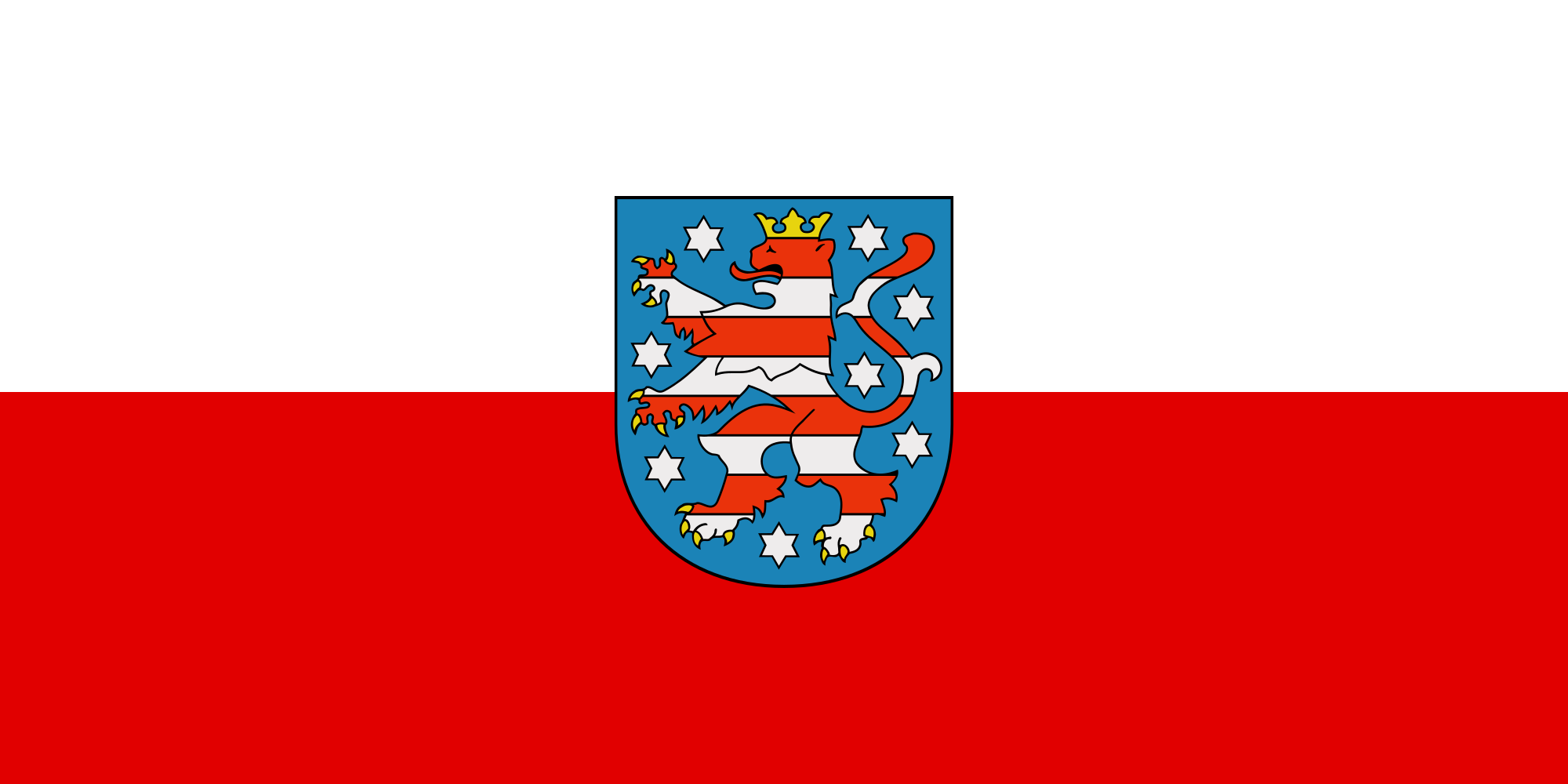 图林根州
图林根州

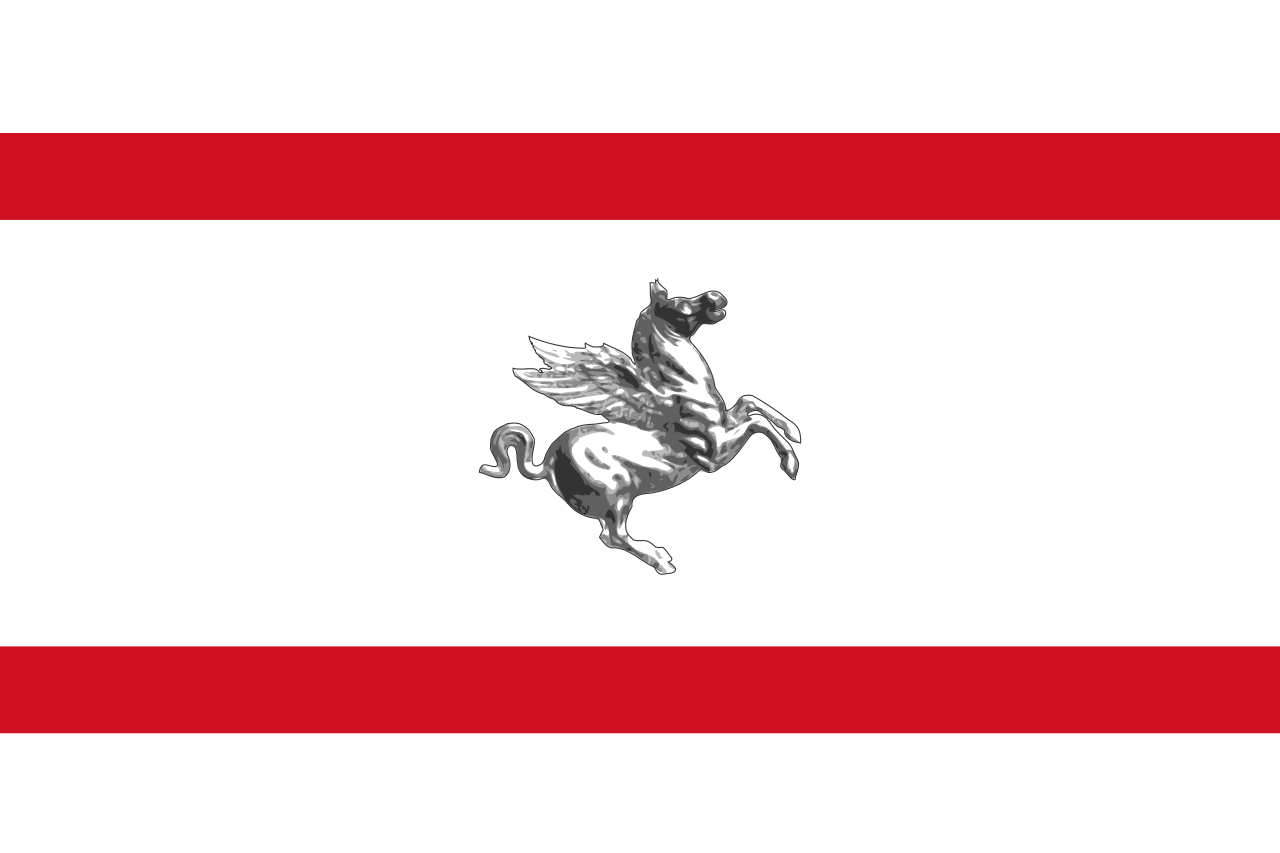 托斯卡纳大区
托斯卡纳大区

 科学技术
科学技术
 *世界著名研究机构
*世界著名研究机构
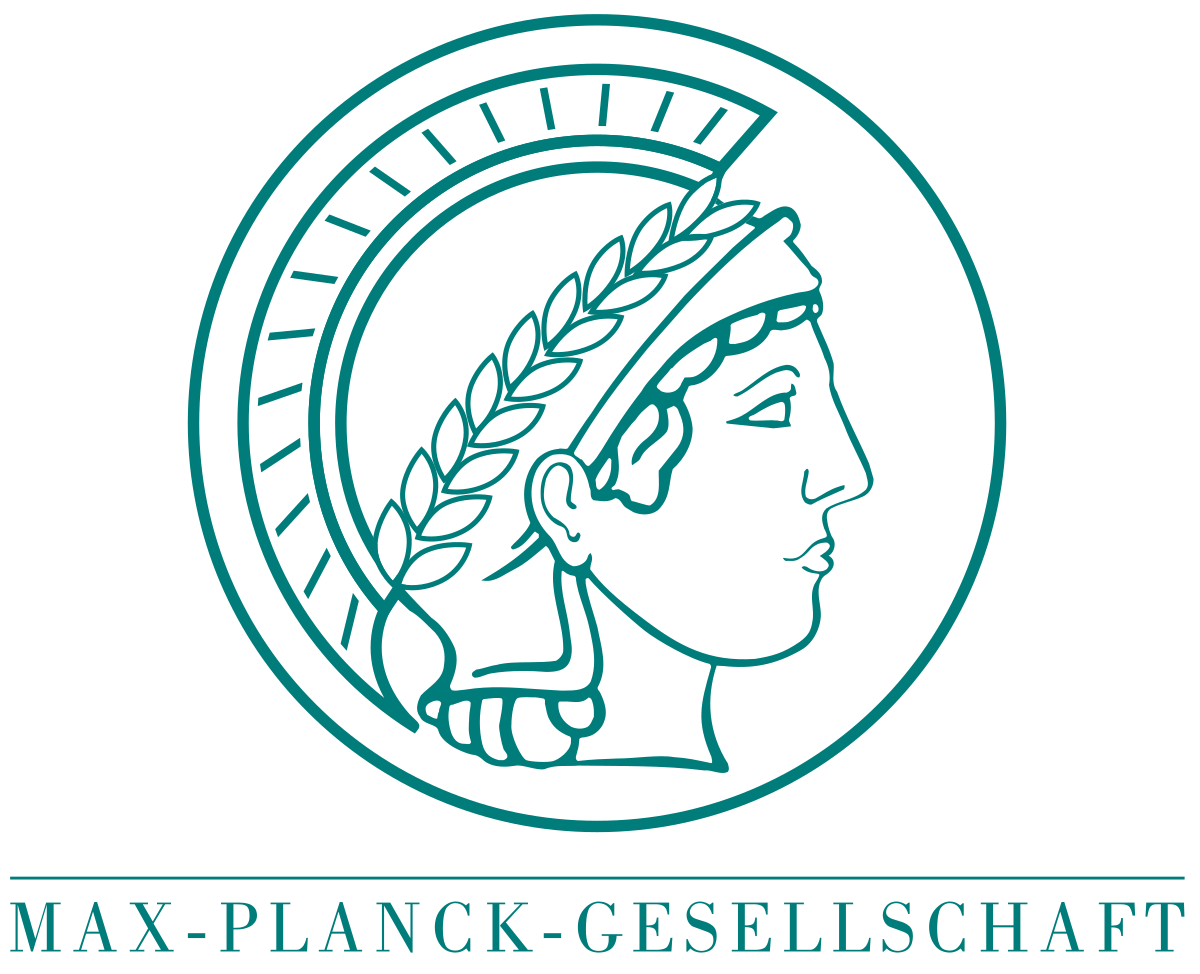
马克斯·普朗克学会(德语:Max-Planck-Gesellschaft),全名为马克斯·普朗克科学促进协会(Max-Planck-Gesellschaft zur Förderung der Wissenschaften e.V.,简称MPG)台湾常译为普朗克研究院。其为德国的一流科学研究机构的联合。协会为纪念著名德国量子论创建者物理学家马克斯·普朗克,以其命名。马克斯·普朗克在第二次世界大战前,为协会前身威廉皇帝协会(Kaiser-Wilhelm-Gesellschaft)取得世界性的声名,共有32名研究员获得诺贝尔奖。协会标志为罗马神话中的智慧女神蜜涅瓦。
2004年协会拥有八十个分支研究机构,主要分布在德国,涵盖所有基础科学研究领域,并雇用12,000名人员,另经常约9,000名访问学者于此工作。
协会为一非营利性法人机构,主要运作财源由联邦政府科研部及各州政府整体一起平分。2004年协会总预算为1,250,000,000 欧元左右。除了各研究所外,尚有国际马克斯·普朗克研究学院等附属机构。
| Name | Ort | Name seit |
Hinweise |
|---|---|---|---|
| Bibliotheca Hertziana, MPI für Kunstgeschichte | Rom | 1953 | 1913 Gründung der Bibliotheca Hertziana |
| Fritz-Haber-Institut der Max-Planck-Gesellschaft | Berlin | 1953 | |
| Kunsthistorisches Institut in Florenz – Max-Planck-Institut | Florenz, Italien | 2002 | 1897 Gründung des Instituts, 2002 Max-Planck-Institut |
| Max Planck Florida Institute for Neuroscience | Jupiter (Florida), USA | 2007 | 2012 Eröffnung, erstes und bisher einziges Max-Planck-Institut außerhalb Europas |
| MPI für Astronomie | Heidelberg | 1967 | |
| MPI für Astrophysik | Garching bei München | 1991 | zuvor ein Teilinstitut des MPI für Physik und Astrophysik |
| MPI für ausländisches und internationales Privatrecht | Hamburg | 1949 | 1956 Umzug von Berlin nach Hamburg |
| MPI für ausländisches öffentliches Recht und Völkerrecht | Heidelberg | 1949 | |
| MPI für Bildungsforschung | Berlin | 1971 | zuvor Institut für Bildungsforschung in der Max-Planck-Gesellschaft |
| MPI für Biochemie | Martinsried bei München | 1949/ 1973 |
1954 Ausgliederung der Abteilung für Virusforschung als MPI für Virusforschung 1956 Verlegung von Tübingen nach München 1972/73 Integration des bisherigen MPI für Eiweiß- und Lederforschung und des bisherigen MPI für Zellchemie am neuen Standort Martinsried |
| MPI für Biogeochemie | Jena | 1997 | |
| MPI für Biologie des Alterns | Köln | 2008 | |
| MPI für Biologie Tübingen | Tübingen | 2022 | zuvor MPI für Entwicklungsbiologie |
| MPI für biologische Intelligenz | Martinsried bei München | 2022 | entstanden durch Zusammenlegung des MPI für Neurobiologie und des MPI für Ornithologie, rechtlich wirksam ab 2023 |
| MPI für biologische Kybernetik | Tübingen | 1968 | |
| MPI für Biophysik | Frankfurt am Main | 1948 | |
| MPI für Chemie (Otto-Hahn-Institut) | Mainz | 1949 | Beiname „Otto-Hahn-Institut“ seit 1959 |
| MPI für Chemische Energiekonversion | Mülheim an der Ruhr | 2012 | aus dem MPI für bioanorganische Chemie hervorgegangen |
| MPI für chemische Ökologie | Jena | 1996 | |
| MPI für Chemische Physik fester Stoffe | Dresden | 1995 | |
| MPI für demografische Forschung | Rostock | 1995 | |
| MPI für Dynamik komplexer technischer Systeme | Magdeburg | 1996 | |
| MPI für Dynamik und Selbstorganisation | Göttingen | 2004 | zuvor MPI für Strömungsforschung |
| MPI für Eisenforschung | Düsseldorf | 1948 | seit 1971 rechtlich selbständige GmbH |
| MPI für empirische Ästhetik | Frankfurt am Main | 2012 | |
| MPI zur Erforschung multireligiöser und multiethnischer Gesellschaften | Göttingen | 2007 | hervorgegangen aus dem MPI für Geschichte |
| MPI zur Erforschung von Gemeinschaftsgütern | Bonn | 2004 | |
| MPI zur Erforschung von Kriminalität, Sicherheit und Recht | Freiburg im Breisgau | 2020 | zuvor MPI für ausländisches und internationales Strafrecht |
| MPI für ethnologische Forschung | Halle (Saale) | 1999 | |
| MPI für evolutionäre Anthropologie | Leipzig | 1997 | |
| MPI für Evolutionsbiologie | Plön | 2007 | zuvor MPI für Limnologie |
| MPI für extraterrestrische Physik | Garching bei München | 1991 | zuvor ein Teilinstitut des MPI für Physik und Astrophysik |
| MPI für Festkörperforschung | Stuttgart | 1969 | |
| MPI für Geoanthropologie | Jena | 2022 | zuvor Max-Planck-Institut für Menschheitsgeschichte |
| MPI für Gesellschaftsforschung | Köln | 1985 | |
| MPI für Gravitationsphysik (Albert-Einstein-Institut) | Potsdam und Hannover | 1995 | |
| MPI für Herz- und Lungenforschung (W. G. Kerckhoff-Institut) | Bad Nauheim | 2004 | zuvor MPI für Physiologische und Klinische Forschung |
| MPI für Hirnforschung | Frankfurt am Main | 1948 | |
| MPI für Immunbiologie und Epigenetik | Freiburg im Breisgau | 2010 | zuvor MPI für Immunbiologie |
| MPI für Infektionsbiologie | Berlin | 1993 | |
| MPI für Informatik | Saarbrücken | 1988 | |
| MPI für Innovation und Wettbewerb | München | 2013 | zuvor MPI für Immaterialgüter- und Wettbewerbsrecht |
| MPI für Intelligente Systeme | Stuttgart und Tübingen | 2011 | zuvor MPI für Metallforschung |
| MPI für Kernphysik | Heidelberg | 1958 | zuvor Teilinstitut für Physik am MPI für medizinische Forschung |
| MPI für Kognitions- und Neurowissenschaften | Leipzig | 2004 | Entstehung durch Zusammenführung des MPI für neuropsychologische Forschung und des MPI für psychologische Forschung |
| MPI für Kohlenforschung | Mülheim an der Ruhr | 1949 | selbständige rechtsfähige Stiftung des privaten Rechts |
| MPI für Kolloid- und Grenzflächenforschung | Potsdam | 1992 | 1999 Auflösung voriger Standorte und Einzug in den Neubau in Golm (heute Ortsteil von Potsdam) |
| MPI Luxembourg for International, European and Regulatory Procedural Law | Luxemburg | 2012 | |
| MPI für Marine Mikrobiologie | Bremen | 1992 | |
| MPI für Mathematik | Bonn | 1980 | |
| MPI für Mathematik in den Naturwissenschaften | Leipzig | 1996 | |
| MPI für medizinische Forschung | Heidelberg | 1948 | |
| MPI für Meteorologie | Hamburg | 1975 | |
| MPI für Mikrostrukturphysik | Halle (Saale) | 1992 | erstes Max-Planck-Institut in Ostdeutschland |
| MPI für molekulare Biomedizin | Münster | 2001 | |
| MPI für molekulare Genetik | Berlin | 1964 | zuvor MPI für vergleichende Erbbiologie und Erbpathologie |
| MPI für molekulare Pflanzenphysiologie | Potsdam | 1994 | Gründung in Golm, heute Ortsteil von Potsdam |
| MPI für molekulare Physiologie | Dortmund | 1993 | Entstehung durch Zusammenlegung des MPI für Ernährungsphysiologie und des MPI für Systemphysiologie |
| MPI für molekulare Zellbiologie und Genetik | Dresden | 1998 | 2001 Bezug des Neubaus, 2002 Einweihung des Neubaus |
| MPI für Multidisziplinäre Naturwissenschaften | Göttingen | 2022 | Entstehung durch Zusammenlegung des MPI für biophysikalische Chemie und des MPI für Experimentelle Medizin |
| MPI für Neurobiologie des Verhaltens – caesar | Bonn | 2022 | zuvor Forschungszentrum caesar |
| MPI für Pflanzenzüchtungsforschung | Köln | 2009 | zuvor MPI für Züchtungsforschung |
| MPI für Physik (Werner-Heisenberg-Institut) | München | 1991 | zuvor ein Teilinstitut des MPI für Physik und Astrophysik |
| MPI für die Physik des Lichts | Erlangen | 2009 | zuvor eine Max-Planck-Forschungsgruppe an der Universität Erlangen-Nürnberg |
| MPI für Physik komplexer Systeme | Dresden | 1992 | |
| MPI für Plasmaphysik | Garching bei München und Greifswald | 1971 | zuvor Institut für Plasmaphysik GmbH, seit 1994 mit Standort in Greifswald |
| MPI für Polymerforschung | Mainz | 1983 | |
| MPI für Psychiatrie | München | 1966/ 2017 |
zuvor Deutsche Forschungsanstalt für Psychiatrie, 1954 Aufnahme in die Max-Planck-Gesellschaft, 1963 Aufteilung in ein klinisches und ein theoretisches Teilinstitut 1966 Umbenennung in MPI für Psychiatrie (Deutsche Forschungsanstalt für Psychiatrie) 2017 Umbenennung in MPI für Psychiatrie |
| MPI für Psycholinguistik | Nijmegen | 1980 | |
| MPI für Quantenoptik | Garching bei München | 1981 | zuvor eine Projektgruppe für Laserforschung |
| MPI für Radioastronomie | Bonn und Bad Münstereifel | 1966 | |
| MPI für Rechtsgeschichte und Rechtstheorie | Frankfurt am Main | 2021 | Gründung 1964 als MPI für europäische Rechtsgeschichte |
| MPI für Sicherheit und Privatsphäre | Bochum | 2019 | |
| MPI für Softwaresysteme | Saarbrücken, Kaiserslautern | 2004 | |
| MPI für Sonnensystemforschung | Göttingen | 2004 | zuvor MPI für Aeronomie |
| MPI für Sozialrecht und Sozialpolitik | München | 2011 | Gründung 1980 als MPI für ausländisches und internationales Sozialrecht |
| MPI für Steuerrecht und Öffentliche Finanzen | München | 2011 | Entstehung durch Aufteilung des MPI für Geistiges Eigentum, Wettbewerbs- und Steuerrecht |
| MPI für Stoffwechselforschung | Köln | 2014 | zuvor MPI für neurologische Forschung |
| MPI für Struktur und Dynamik der Materie | Hamburg | 2014 | |
| MPI für terrestrische Mikrobiologie | Marburg | 1991 | |
| MPI für Verhaltensbiologie | Konstanz | 2019 | aus einem Standort des MPI für Ornithologie entstanden |
| MPI für Wissenschaftsgeschichte | Berlin | 1994 |
 运输和交通
运输和交通
 企业
企业

 美食家
美食家

 政党和政府组织
政党和政府组织



 圣诞市场
圣诞市场

 建筑艺术
建筑艺术



 宗教
宗教


